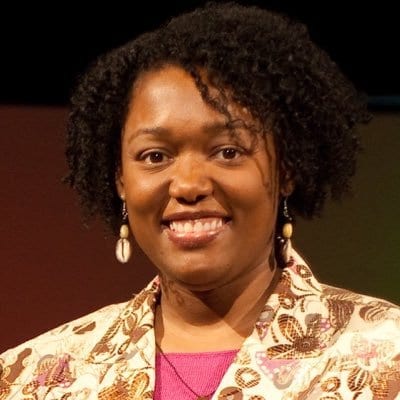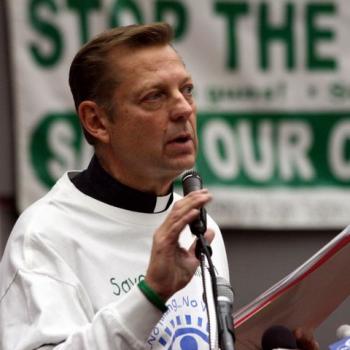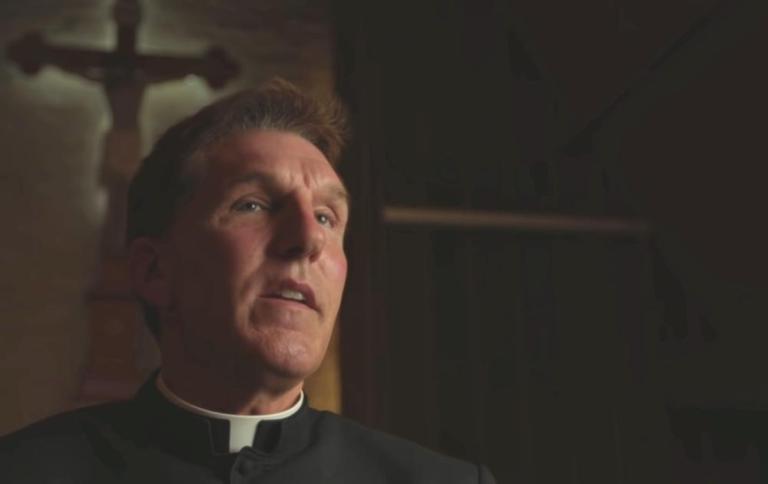
I recently wrote a collection of personal vignettes from people I interviewed who described how regular Eucharistic Adoration had changed their lives. Some described receiving consolations, having their faith renewed or strengthened, and being aided in their struggles with mental health.
One person I spoke with let his guard down a little and shared how his weekly Holy Hours before the Blessed Sacrament had helped him to overcome an addiction to pornography several years earlier. I thought nothing more of it until a couple of weeks later when speaking with the man’s spouse, a friend, who told me that a relative had scolded her husband for revealing his struggle.
“It’s a silent epidemic. No one talks about it,” my friend told me. “But it’s destroying marriages.”
In the modern world, pornography is literally everywhere. In 2018, a popular porn website reported having more than 33 BILLION visits, according to this Buzzfeed story. Think about it; that website had the online traffic equivalent of more than four times the world’s total population.
So it shouldn’t surprise us that porn – or its influence – is pervasive in our popular culture. It’s in our movies, sitcoms and television dramas, in the commercials on primetime network TV, in Super Bowl halftime shows and the magazine covers we glance at when passing by the grocery store checkout.
Pornography is by no means a 21st century phenomenon. As a young, single, 20-something U.S. Army soldier in the mid 1990s, I can tell you that porn – mostly in magazines – was ubiquitous in the barracks. But in the days before the Internet took off, it at least seemed that pornography back then was more walled-off from mainstream society. Going home on leave, for me, was always a return to “the real world” where hardcore pornography wasn’t always within a literal arm’s reach.
But now, almost everyone with a smartphone in their pocket can access pornography in a matter of seconds. Yes, there are software filtering programs and accountability apps that are designed to deter someone from accessing porn. But if we’re honest, just about anyone can easily find workarounds if they really want to watch XXX videos.
Given that level of accessibility and seeing how porn has crossed over into the wider culture, it doesn’t shock me when I hear or read stories about pornography addiction. Online support groups have popped up in recent years to help people who want to overcome the deeply-ingrained habit that some scientific studies indicate may affect dopamine levels in the brain in much the same way that drug or alcohol addiction does.
Talk to almost any priest today, and they’ll tell you that the most-commonly confessed sin they hear is pornography and masturbation. Last year, I wrote about a young priest who was moved from his experiences in the confessional to start an online campaign of prayer against pornography, #BreakThe Chains.
Even people – men and women – who try to practice and live out the Catholic faith find themselves confessing that same sin, time and time again. Referencing Jesus’ instructions to his disciples in Mark 9:29, a priest friend of mine once said that pornography is the kind of sin that can only be cast out “by prayer and fasting.”
We know all this, and yet it seems that too often we don’t want really want to talk about what pornography is or what it looks like. In our culture, we joke about it and make cracks about well-known porn stars while rarely delving into the problematic connections between porn and human trafficking. A lot of us also seem to know the details in celebrity sex tapes even as we mock and ridicule the real human beings in those videos.
But when it’s time to have an honest and frank discussion about pornography’s effects, suddenly the taboos return. Years ago, I remember a friend sharing, in disgust, on social media that a presenter-couple at a Catholic marriage preparation conference had shared the husband’s struggle with porn addiction. My friend’s peers piled on about how “gross” that was, and how the man should have kept that to himself. I thought of that thread after learning of my other friend’s husband being shamed for his honesty with porn addiction.
This all reminds me of the stigma that for years made recovery more difficult for people who struggled with heroin and opioid addiction. I saw this happen firsthand from the perspective of a local newspaper reporter who covered a community in Southeastern Massachusetts that was particularly hard-hit by the opioid crisis.
Instead of seeing addiction for what it was – a biochemical disease that leaves one virtually powerless over the drug – we as a society for too long dismissed heroin addicts as “junkies.” When someone they loved fell into addiction or died from an overdose, too many families didn’t want to talk about it, because of the shame. All that did was isolate people from life-saving support and recovery networks.
I see it happening again, only this time people are too ashamed to admit that they themselves or their loved ones are unable to stop watching sexually-explicit videos. They feel the stigma, and don’t want to expose themselves or their relatives to being labeled “sick” or “perverted.” Again, all that does is to make it less likely that people struggling with porn addictions will seek help or share stories that could inspire others who are going through the same struggle.
For what it’s worthy, my above-mentioned friend is proud of her husband’s witness. She said to me, “He told (his critical relative), if even one person’s heart is touched, it’s worth it.”
May we all have such authenticity. And courage.












